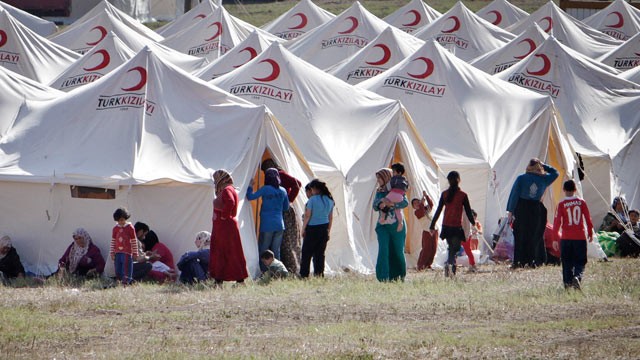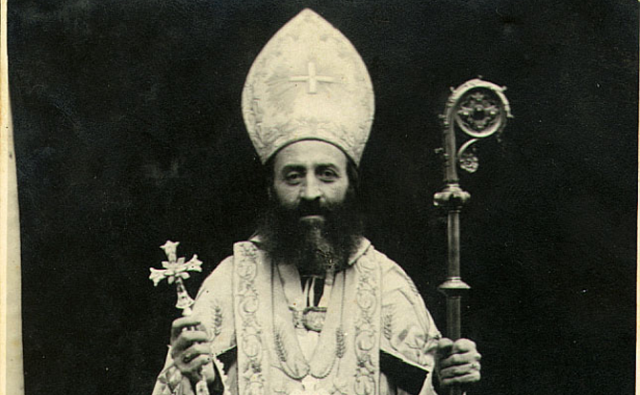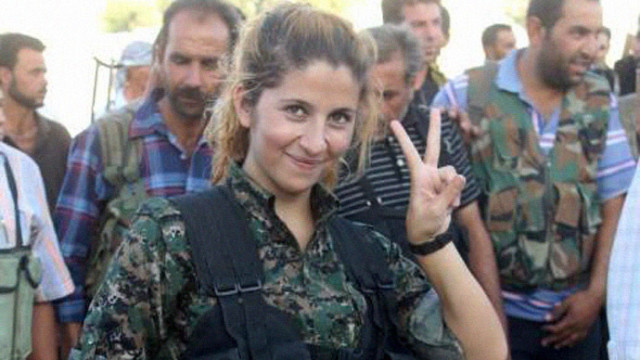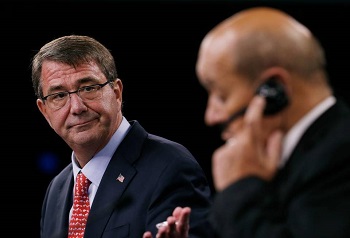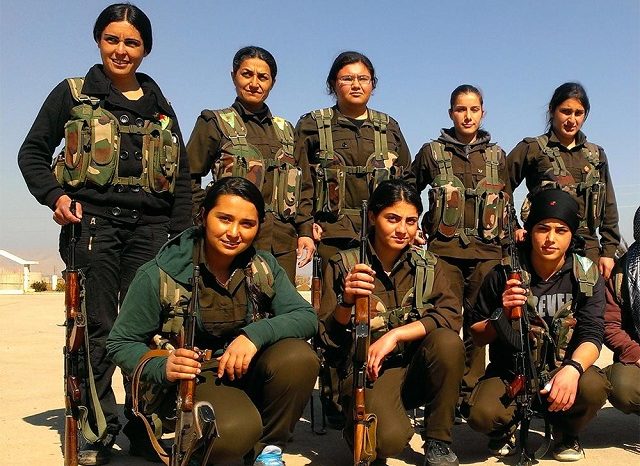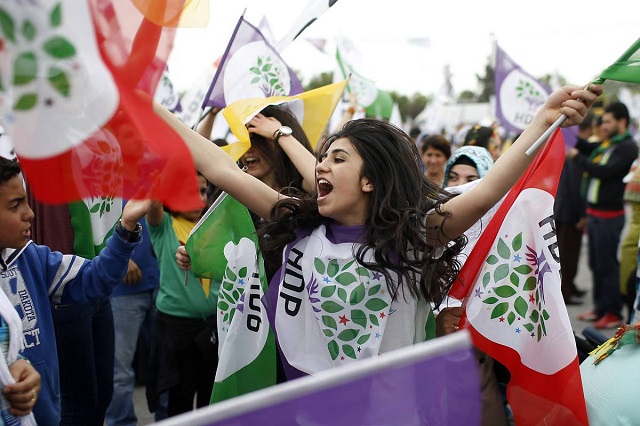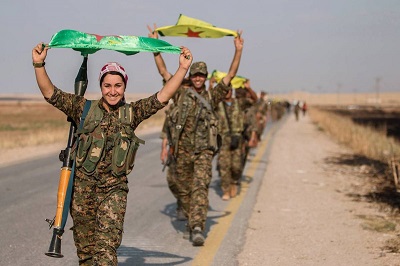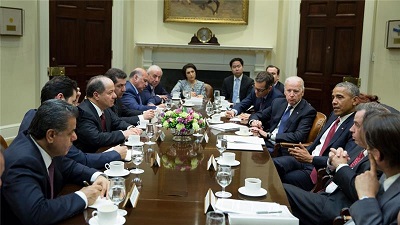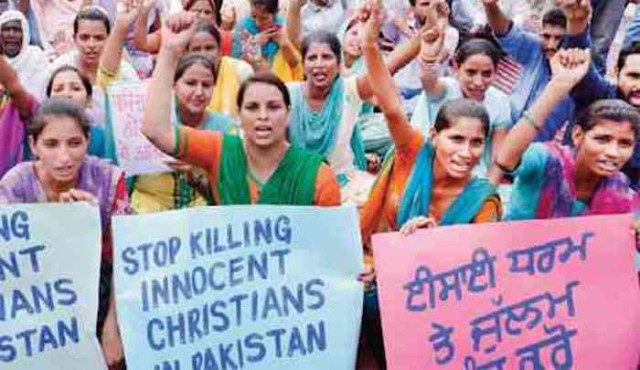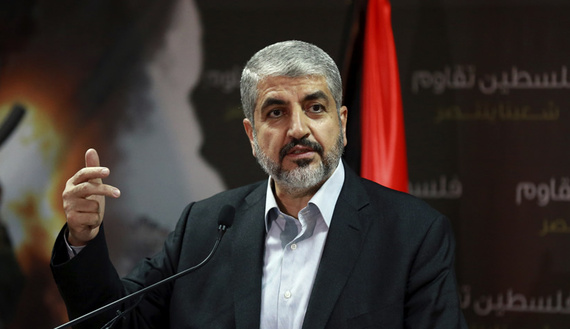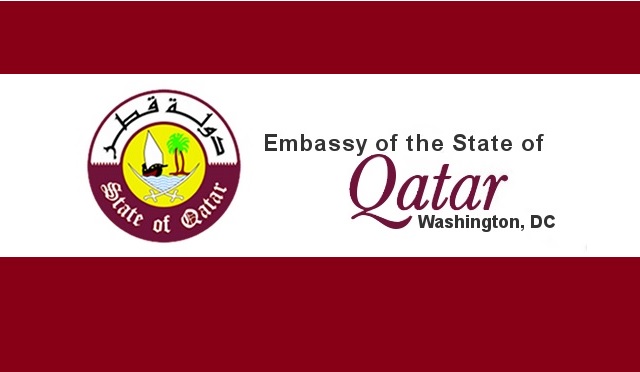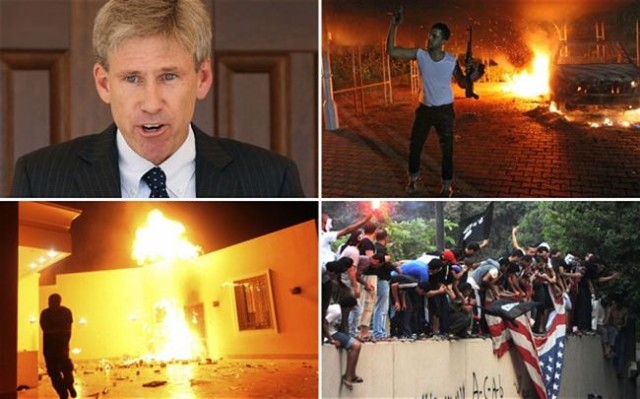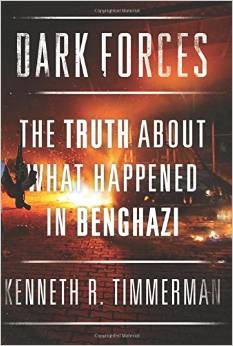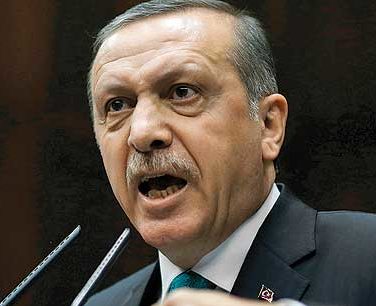Nationalists: Mateo Salvini, Marine LePen, Heinz-Christian Strache and Geert Wilders
Today’s European edition of the Wall Street Journal has an op-ed by a quartet of national sovereignty political leaders: Mateo Salvini of Italy’s Northern League, Marine Le Pen of France’s National Front, Heinz- Christian Strache of Austria’s Freedom Party and Geert Wilders of Holland’s Freedom Party.
The title of their opinion article, “Restoring Europe’s Borders and Sovereign Nations,” sends a resounding message of rising concerns and anxieties of the body polities in their respective countries and others in Eastern Europe. That is reflected in daily scenes of a borderless Europe invaded by massive waves of thousands of largely Muslim refugees and illegal economic migrants that has placed an enormous fiscal burden and security problems vetting the throngs for suspected terrorists.
They suggest rejection of the Schengen system and the reinstitution of national immigration and border control across Europe to protect cultural identities in the face of EU determination to accommodate diversity. Diversity occasioned by the hundreds of thousands of refugees and economic migrants from poorer countries in the Balkans, Syria and Iraq in the Middle East, South Asia, Eastern and Sub-Sahara Africa.
Yesterday, an EU summit in Brussels reached an agreement to fund a 3 Billion Euro Turkish operation for Syrian refugee camps to stem the flood of asylum seekers and migrants by keeping them in country. That comes at the price of a Faustian bargain: the quid pro quo of admitting Islamist Turkey, as an EU member. The prospects of the latter occurring are dim given the tyranny and human rights violations of the Erdogan government teetering on the brink of a snap election on November 1st. Last weekend’s twin bombings at a peace rally in Ankara are illustrative of internal problems that might send a different wave of asylum seekers to the EU.
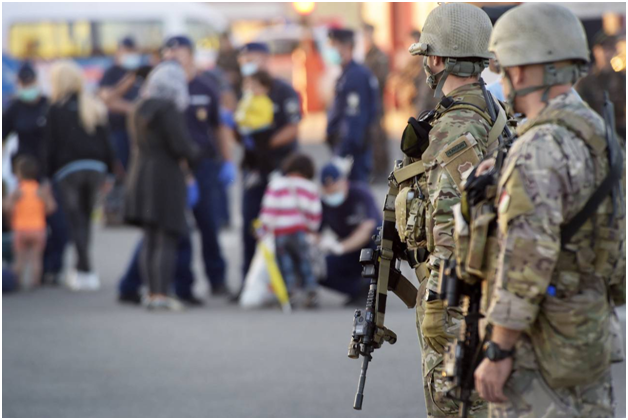
Waves of migrants crossing the border between Croatia and Hungary under the eyes of the Hungarian soldiers on Sept. 22. Photo: Danilo Balducci/Zuma Press
Here is what the quartet of national sovereignty political leaders from Italy, France, Austria and the Netherlands wrote.
Europe. Imagine a world without her. Sure, the geographical entity will always continue to exist. But the civilization is in danger. Millions of migrants are currently arriving in Europe. More than half a million have already done so. Donald Tusk, the president of the European Council, says the greatest tide of refugees and migrants is still to come. Hungary’s foreign minister expects 35 million people heading to Europe. This will be the end of [cultural identities] as we know them.
The situation is completely out of control. Too many fortune seekers, too much illiteracy. Some of the migrants are refugees, but the majority comes for economic reasons. Our European economies and social-protection systems cannot cope with this. The media prefer to focus on families and children, but their images cannot conceal that the asylum seekers flocking to Europe are predominantly young men. Many are unskilled.
But the main problem is that, unlike the flow of refugees at the end of World War II, these migrants come from countries with a culture entirely different from Europe’s. Mass immigration is leading to the dilution of cultural identity in the European Union member states.
Its citizens resent this. Instinctively, these citizens are patriots. They don’t like to lose their identity as a people. They don’t want to give up their countries. Instinctively, they grasp two very important truths. First, that without identity, there is no country. Second, that without a country, there can be no prosperity, no justice, no democracy, and no liberty.
The European Union has slowly been eroding Europe’s nation-states by gradually dismantling their sovereignty. It has robbed our countries of the right to conduct our own national asylum policies. Last month, the EU forced refugee quotas on its member states and overruled governments who disagreed. The mask has fallen, and the peoples of Europe have seen the EU’s ugly face.
Better than before, they now realize that our national parliaments have been reduced to fake parliaments. Vital matters, including those concerning our national identities, are no longer decided by our national parliaments but by obscure institutions in Brussels. People are forced to give away their country without even having a say in the matter.
Governments in Eastern Europe are especially sensitive about this. It’s no coincidence that the strongest resistance to the EU’s mandatory migrant quotas comes from countries such as the Czech Republic, Hungary and Slovakia. For many decades these countries were ruled from Moscow without their consent. They don’t want to now be ruled from Brussels without their consent.
But the migration crisis has also alarmed the peoples of Western Europe. Polls and election results in recent weeks clearly indicate that patriot parties such as ours are growing spectacularly.
While the governments in Western Europe’s capitals bash the leaders in the Czech Republic, Hungary and Slovakia, millions of citizens in Austria, France, Italy, the Netherlands and other nations share their concerns.
In Vienna’s regional elections Sunday, the Austrian Freedom Party won a third of the votes. In polls in the Netherlands, the Party for Freedom has become as big as the two governing parties combined. In France, polls indicate that the National Front will win its local elections in December. In Italy three months ago, the Northern League made stunning electoral gains.
While millions are on their way to Europe, millions in Europe realize that they have been betrayed by the political elites in The Hague, Paris, Rome, Vienna and other capitals. Our parliaments have been emasculated by Brussels and are filled with politicians who no longer care about our basic national interests. Governments don’t mind the loss of national sovereignty and national identities either. Far too often, they are composed of politicians who hope to one day pursue an international career at an EU or U.N. institution after their national career ends.
The gap between the citizens and those who rule them has never been so wide. We have to close this gap in order to reassert control over our own borders. And we can do so democratically by mobilizing the people to vote for parties that stand for national sovereignty and the defense of national identities. Reclaiming democracy: that is the key to solving the migration crisis.
There is no need to imagine a world without the nations of Europe. It’s clear what needs to happen. We need to reclaim our national sovereignty, abolish EU treaties such as the Schengen treaty and reaffirm the supremacy of national parliaments.
RELATED ARTICLES:
Concord, NH: Bhutanese refugees’ religious ceremony draws neighbors’ ire
Lutheran meeting in Allentown, PA gets contentious, but who is this wealthy ‘Lutheran’ group?
EDITORS NOTE: This column originally appeared in the New English Review. The featured image is of left to right Matteo Salvini of Italy’s Northern League, Harald Vilimsky of Austria’s Freedom, Geert Wilders of the Netherland’s Freedom Party. The image is courtesy of the European edition of The Wall Street Journal, October 15, 2015.

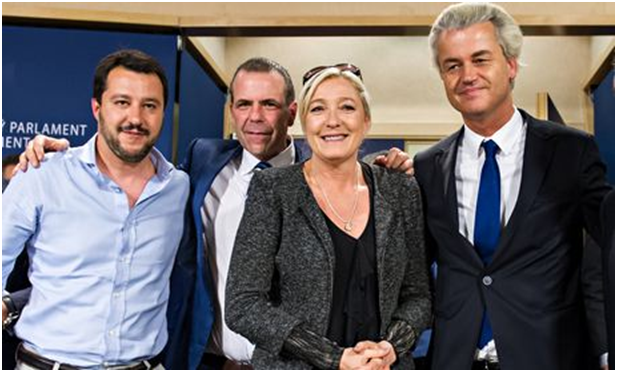

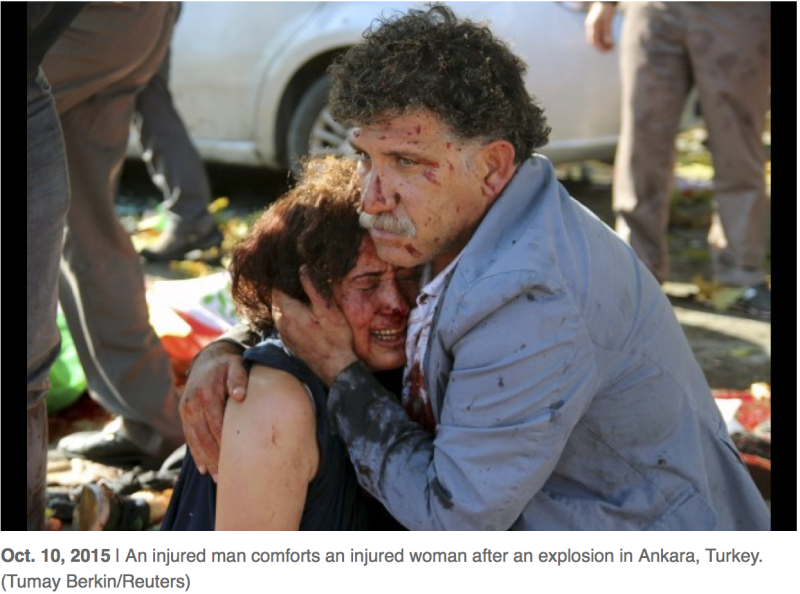 The Washington Post (WaPo) report described the grisly and chaotic scene following the bombings, “
The Washington Post (WaPo) report described the grisly and chaotic scene following the bombings, “

